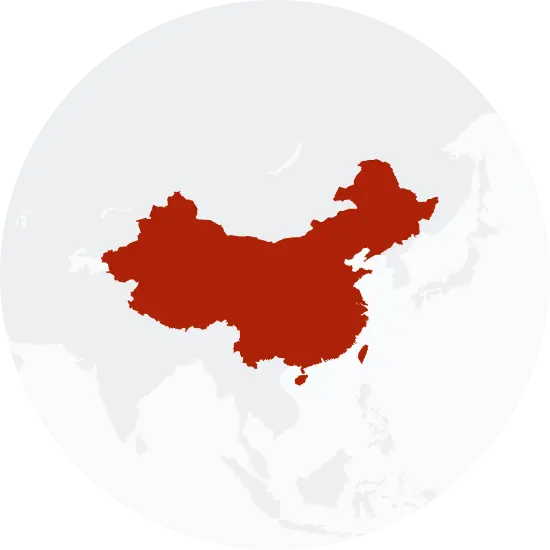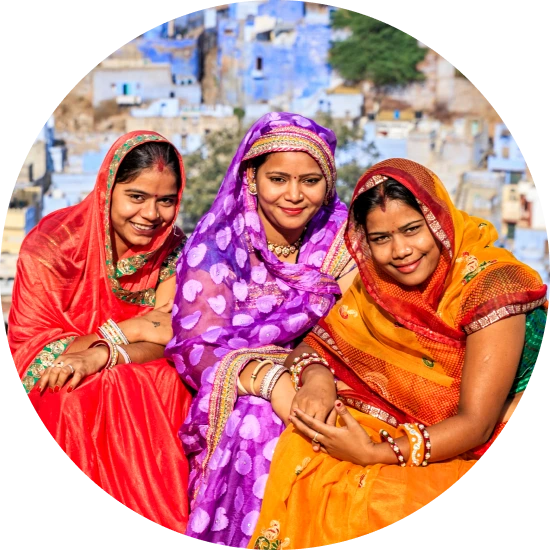Explore the Family Name Kan
How common is the last name Kan in the United States?
The surname "Kan" ranks in popularity at 10,647 in the U.S., up from 10,816 in 2000, as per the Decennial U.S. Census data. The count of people bearing this surname has also increased by an approximate 11.09%, from 2,705 to 3,005 between 2000 and 2010. This growth is mirrored in the proportion per 100,000 people, which rose from 1.0 in 2000 to 1.02 in 2010, marking a 2.0% increase.
| 2000 | 2010 | Change | |
|---|---|---|---|
| Rank | #10,816 | #10,647 | 1.56% |
| Count | 2,705 | 3,005 | 11.09% |
| Proportion per 100k | 1 | 1.02 | 2% |
Race and Ethnicity of people with the last name Kan
Based on the Decennial U.S. Census data, the ethnic identity associated with the surname "Kan" predominantly falls under the Asian/Pacific Islander category, with an increase from 81.33% in 2000 to 82.60% in 2010. People identifying with two or more races decreased slightly from 3.66% to 3.56%. The percentage of people with the Kan surname who identify as white decreased significantly from 12.75% to 10.85%. The Hispanic population, however, saw a significant rise from 1.48% to 2.10%. There were no individuals identified as Black or American Indian and Alaskan Native in either census year.
| 2000 | 2010 | Change | |
|---|---|---|---|
| Asian/Pacific Islander | 81.33% | 82.6% | 1.56% |
| White | 12.75% | 10.85% | -14.9% |
| Two or More Races | 3.66% | 3.56% | -2.73% |
| Hispanic | 1.48% | 2.1% | 41.89% |
| Black | 0% | 0% | 0% |
| American Indian and Alaskan Native | 0% | 0% | 0% |
Kan ancestry composition
23andMe computes an ancestry breakdown for each customer. People may have ancestry from just one population or they may have ancestry from several populations. The most commonly-observed ancestry found in people with the surname Kan is Chinese, which comprises 55.3% of all ancestry found in people with the surname. The next two most common ancestries are Korean (10.3%) and Eastern European (5.3%). Additional ancestries include Chinese Dai, British & Irish, Ashkenazi Jewish, Vietnamese, and Indonesian, Thai, Khmer & Myanma.
Ready to learn more about your ancestry? Get the most comprehensive ancestry breakdown on the market by taking our DNA test. Shop 23andMe
| ANCESTRY BREAKDOWN | COMPOSITION |
|---|---|
| Chinese | 55.3% |
| Korean | 10.3% |
| Eastern European | 5.3% |
| Other | 29.1% |

Possible origins of the surname Kan
Your DNA provides clues about where your recent ancestors may have lived. Having many distant relatives in the same location suggests that you may all share common ancestry there. Locations with many distant relatives can also be places where people have migrated recently, such as large cities. If a large number of individuals who share your surname have distant relatives in a specific area, it could indicate a connection between your surname and that location, stemming from either recent ancestral ties or migration.
Based on 23andMe data, people with last name Kan have recent ancestry locations in China and Taiwan.
| RECENT ANCESTRY Location | Percentage |
|---|---|
| Guangdong, China | 58.30% |
| Shanghai, China | 56.20% |
| Fujian, China | 55.20% |
| Zhejiang, China | 55.20% |
| Jiangsu, China | 55.20% |
What Kan haplogroups can tell you
Haplogroups are genetic population groups that share a common ancestor on either your paternal or maternal line. These paternal and maternal haplogroups shed light on your genetic ancestry and help tell the story of your family.
The top paternal haplogroup of people with the surname Kan is O-M307.1, which is predominantly found among people with East Asian & Indigenous American ancestry. Haplogroup O-M307.1 is descended from haplogroup O-M1359. Other common haplogroups include R-M173 and O-F114, which are predominantly found among people with European and East Asian & Indigenous American ancestry. Other surnames with similar common haplogroups are: Lew, Tian, Zwick, Orlowski, Elms, Elston, Elswick, Ordaz, Orange, Oppenheimer.
The most common maternal haplogroups of people with Kan surname are: M, D4, M7b. These most commonly trace back to individuals of East Asian & Indigenous American and European ancestry.
 Paternal Haplogroup Origins O-M1359
Paternal Haplogroup Origins O-M1359
Your paternal lineage may be linked to the Han Chinese
Haplogroup O1a is a branch of O-M119, also called O1a. O-M119 and its branches are present in both northern and southern Han Chinese men at low to moderate frequencies, but are most common among the Jiangsu, Shanghai, and Zhejiang southern Han groups. The Han people, who all share the same language and similar cultural practices, are the largest ethnic group in the world, with about 1.2 billion people. Historical evidence shows that Han people are descendants of the ancient Huaxia tribes that come from northern China, and Han language and culture only expanded into southern China in the last 2,000 years. The spread of Han people and culture from northern to southern China was likely driven by warfare and famine in the north. Members of O-M119 belong to a group that has helped to shape the culture of the world's largest ethnic group.
Your maternal lineage may be linked to the ancient people of the Indian subcontinent
While Haplogroup M is widespread throughout South and East Asia, it is more diverse on the Indian sub-continent than anywhere else in the world. The high degree of diversity of M in India is likely tied to its ancient arrival here nearly 50,000 years ago. In addition to M2, which is found throughout the subcontinent, there are dozens of haplogroups branching off of M that exist in India. These branches are often connected to specific regions, tribes, or ethnic groups. For example, haplogroup M18 is found among the Oraon peoples of eastern India and Bangladesh, while haplogroup M41 is common among the Pardhan speakers of eastern India, and haplogroup M31a can be found on the Andaman Islands, just off the southeast coast of India.

What do people with the surname Kan have in common?
Spoiler alert: it's complicated. People with the same last name are usually no more genetically similar than a randomly sampled group of people from the same population. That said, people with the same surname are more likely to have similar ancestries than randomly sampled individuals. The reason is the tendency of people with similar cultural or geographical backgrounds to preferentially mate with one another. That's why people who share a surname may be more likely to share traits and tendencies in common than people within the general population. Check out the percentages below to see the prevalences of tastes, habits, and traits of people with your surname compared with prevalences among 23andMe users.
Preferences
Traits

Cheek Dimples
Small indentations that appear on the cheeks when a person smiles.
"Kan" Surname 25.0%
23andMe Users 37.6%
Habits
Wellness

Migraine
A severe headache characterized by intense pain, sensitivity to light and sound, and often accompanied by nausea and vomiting.
"Kan" Surname 13.7%
23andMe Users 16.4%
Are health conditions linked to the last name Kan?
The short answer is that, if there is an association between surname and health, it's usually more about your ancestry than your name. Individuals with a given surname are no more genetically similar than the general population but often have similar ancestries. The populations of people associated with those shared ancestries often have sets of genetic variations, also known as alleles, in common. Some of those alleles are associated with a greater likelihood of developing certain diseases.
Disease variant frequency by ancestry
Disease allele frequencies in populations associated with the surname Kan are shown below. Important Note: not everyone with a disease allele will develop these health condition






